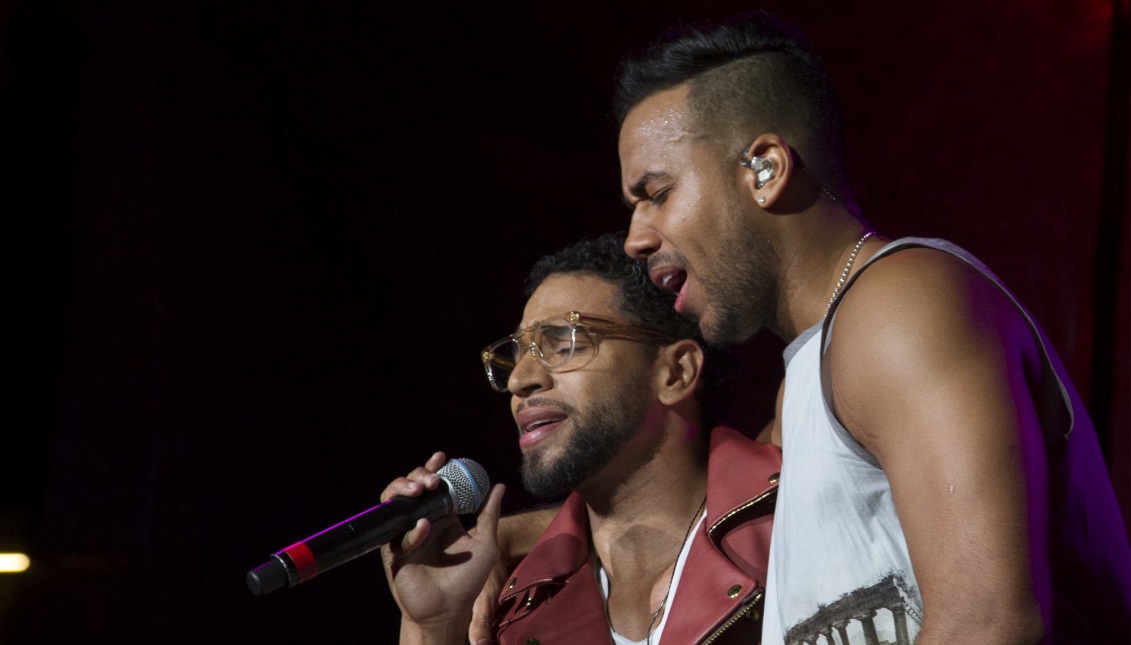
The stories of the future of our nation are in English — and in Spanish
Not too long ago we participated in a discussion with other media professionals about Latinos and media.
MORE IN THIS SECTION
Not too long ago we participated in a discussion with other media professionals about Latinos and media. We write and speak about this topic often, so we have a readily articulated perspective.
What is currently most readily directed to Latinos — be it news media or entertainment — consistently underestimates our intellect, our literacy, our wide-ranging concerns and interests. Moreover, we’re very often depicted as people with little understanding of our own histories and next to no vision for our futures — we exist simply in the directionless now.
Of course, if you’ve been reading AL DÍA, online or in print for any period of time, you know this is not the story we tell. Journalism is about people, and our catchphrase —Engaged, Informed, Unapologetic: Driving the New American Narrative — is exactly attuned to our readership. They — you — are writing a new American narrative, sometimes through dazzling talent and unrelenting vision, sometimes through struggle, sometimes through community support and intercommunity solidarity, sometimes through all of these.
While our national political discourse is divisive and often has a distinctly anti-Latino tinge when discussing immigration or proposals for official language designations, the reality is that Latinos are stakeholders in this nation, and our trajectory is one of expansion, not contraction. So, for example, Romeo Santos — the Bronx-born Dominican bachata prodigy — sold out both nights of his recent Yankee Stadium concert (a rare, rare feat) where he performed a fully Spanish-language repertoire. What’s more, his guest artists — Drake and Nicki Minaj — joined him on stage to sing ... in Spanish.
The new American narrative, it seems, has place — even love — for more than one language, more than one set of cultural traditions.
“Until I am free to write bilingually and to switch codes without having always to translate ... my tongue will be illegitimate,” Gloria Anzaldúa wrote in her foundational piece of Chicana critical theory, “Borderlands.” While we are not yet at that place that Anzaldúa articulates, there are more indications than just the sold-out Romeo Santos concert to show that we are on our way.
Our own new website is a step.
It is a fully bilingual website — and by this we mean something very different than just a Google translate of text. Our writers are Latinos and non-Latinos, young and old, native-born and immigrant. The stories we tell originate in English and Spanish, and we translate them as much to make the individual perspectives and shared realities clear as to make them legible for those who don’t speak both languages.
The translating we do is born in the rich history of both languages and the open future represented by both, specifically here, in the United States.
We aren’t the only ones committed to revealing what’s been on the margins of our national consciousness until now. Pop culture and art — often at the forefront of building a sense of expansive national community — has started to embrace and mine the multiplicity of stories that underpin the new American narrative.
Just this week, for example, Tor.com, one of the go-to websites for new speculative fiction, announced it has commissioned the first English translation of one of Julio Cortázar’s short stories, “Cefalea” (or “Headache,” as it will be known from now on in English) to appear on the website in September. The celebrated Argentine writer, is part of a patrimony of Latin American literature many U.S. Latinos point to as to illuminate our intellectual and artistic heritage — to have it available in English as well as Spanish is significant and valuable and, yes, expansive.
Let’s hope our politicians take their lead from arts and culture in this, and learn to acknowledge that far from one language, or one outmoded understanding of assimilation, America’s strength is in multiplicity.






LEAVE A COMMENT:
Join the discussion! Leave a comment.